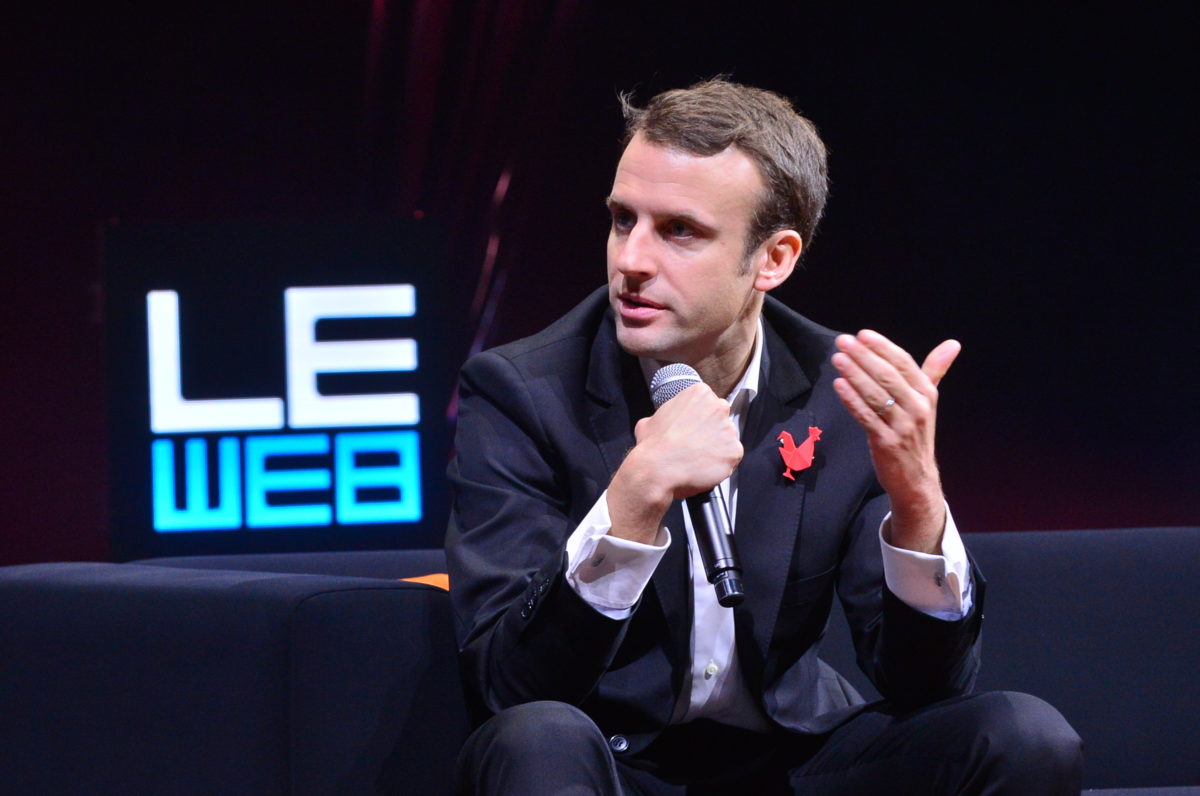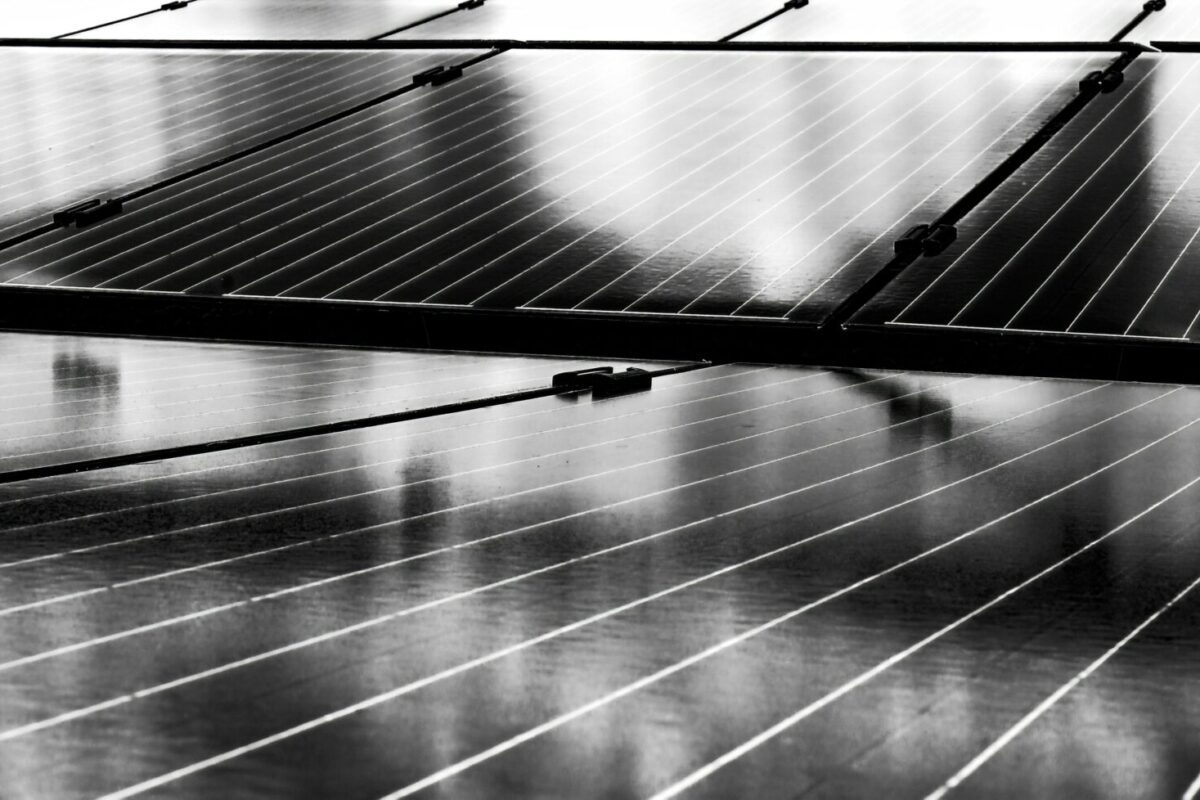The One Planet Summit, organized by French President Emmanuel Macron was held yesterday, December 12, to mark the two-year anniversary of the signing of the Paris climate agreement. The aim was to confirm the world’s commitment to the deal, and to prompt countries to roll out the financing they agreed to.
The European Commission used the opportunity to highlight its €44 billion External Investment Plan (EIP), which was first unveiled in September. It aims to boost sustainable investment in Africa and EU Neighbourhood countries.
Miguel Arias Cañete, Commissioner for Climate Action and Energy said €9 billion would be invested in three targeted areas: sustainable cities; sustainable energy and connectivity; and sustainable agriculture, rural entrepreneurs and agribusiness.
Each of the three areas are expected to raise up to around €3 billion each, under a new European Fund for Sustainable Development (EFSD), which will support investments from both public financial institutions and the private sector.
The World Bank further outlined five key areas it will work in, including halting investment in upstream oil and gas after 2019, and mobilizing finance for solar energy in Ethiopia, Pakistan and Senegal, among other countries.
The U.K. announced a £140 million grant to help developing nations tackle the effects of climate change; while the Bill and Melinda Gates Foundation committed $300 million between 2018 and 2020 to help support agricultural research that will “help the world’s poorest farmers better adapt to increasingly challenging growing conditions brought about by climate change.”
Other funding initiatives include: the mobilization of US$849 million from the United Nations Industrial Development Organization (UNIDO) to protect the ozone layer and reduce global warming; the Green Bonds Pledge, where nine European green bond issuers pledged €26 billion; a $1.3 billion fossil-fuel-free bond programme from pension fund, Storebrand; insurer, AXA's commitment to increase green investments to €12 billion by 2020; The Caribbean Climate-Smart Coalition's support of an $8 billion investment plan to bring better energy and infrastructure resilience to 3.2 million Caribbean households; the engagement of 225 investors with more than $26.3 trillion assets under management, with over 100 companies to accelerate climate action; and the signing of an agreement between UN Environment and BNP Paribas to establish collaborative partnerships with a target of capital funding totaling $10 billion by 2025 in developing countries.
Still not enough
At the unveiling of the European Commission’s ‘Action Plan for Planet,’ which outlines 10 “transformative initiatives for a modern economy and a fair society,” Vice-President for the Euro and Social Dialogue, Financial Stability and Financial Services Valdis Dombrovskis said that additional investment of around €180 billion is needed, annually to support the energy transition and meet the EU's 2020 goals.
“This effort will require both public and private investors to fully play their part. Europe's financial sector should be given the opportunity to lead this effort worldwide. To do that we are ready to put in place the foundations for sustainable and green finance to reach its true potential,” he said.
According to a report by the Organisation for Economic Co-operation and Development (OECD) in May, around $6.3 trillion a year of investment in infrastructure will be required between 2016 and 2030. To date, governments have only committed $1 billion per year.
This content is protected by copyright and may not be reused. If you want to cooperate with us and would like to reuse some of our content, please contact: editors@pv-magazine.com.




Allow me to point out that before the 2017 One Planet Climate Summit in Paris there was the 2017 North American Climate Summit at which the 2017 Chicago Climate Charter was signed. The Chicago Climate Charter is also two years after the 2015 Paris Climate Agreement.